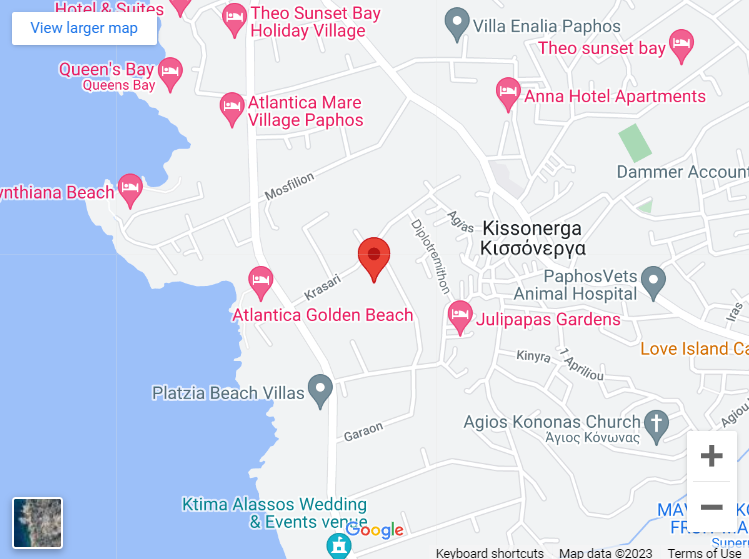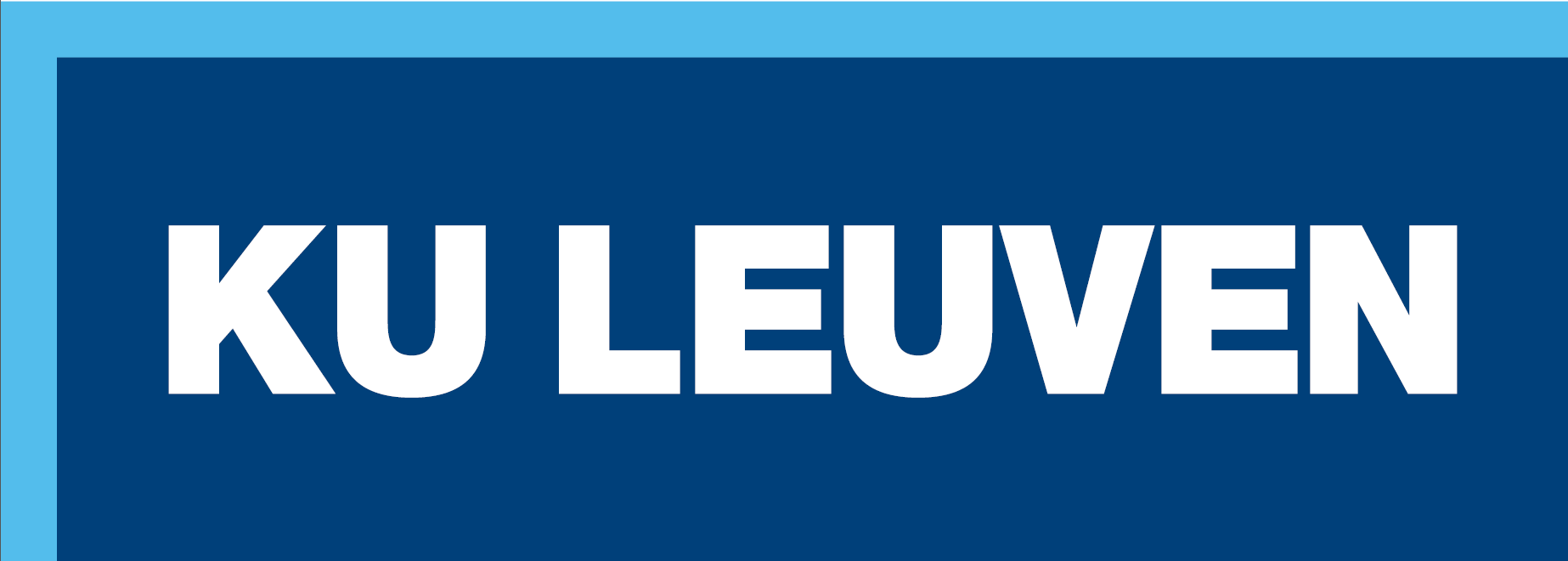 The Cyprus Institute Summer School on Archaeological Science
The Cyprus Institute Summer School on Archaeological Science
In collaboration with the Cypriot American Archaeological Research Institute (CAARI)
21st- 27th July 2019
The Science and Technology in Archaeology and Culture Research Centre (STARC) of the Cyprus Institute is inviting applications for an intensive one-week Archaeological Science Summer School:
From Natural Resources to Material Culture:
Transdisciplinary Approaches in Archaeological Science
The Summer School is limited to 10 participants to ensure a good ratio of students to lecturers. The students should be at a Master’s level and beyond. The summer school will be organised around an intensive series of daily lectures, which will be given by members of STARC, the University of Cambridge and the Archaeological Research Unit of the University of Cyprus, as part of the activities of the Horizon 2020 project “PROMISED: Promoting Archaeological Science in the Eastern Mediterranean’’, https://promisedtwinning.cyi.ac.cy/
The following lectures will be given:
22/07: Prof Matthew Collins, University of Cambridge
• Sorting the sheep from the goats
• Ancient proteomics - dirty teeth and filthy pots
23/07: Dr Giullio Lucarini, University of Cambridge, University of Naples L’Orientale
• Procuring, manufacturing, using and discarding: knapped stone artefacts
• Procuring, manufacturing, using and discarding: ground stone tools
24/07: Prof Lina Kassianidou, University of Cyprus
• Copper Production on Cyprus
Prof Thilo Rehren, STARC
• Analysing early copper production
25/07: Prof Cyprian Broodbank, University of Cambridge
• The Mediterranean world and archaeological science: contexts and questions
• What can we learn from pottery?
26/07: Dr Anna Spyrou, CAARI/STARC
• Bones in context: The contribution of animal remains from archaeological sites
Dr Efthymia Nikita, STARC
• Who went where and so what? Exploring Mediterranean mobility and its implications based on human skeletal remains
Dr Evi Margaritis, STARC
• “The Mediterranean triad”? Archaeobotanical research in Bronze Age Mediterranean
On Saturday 27th of July a visit will be organised to the archaeological sites of Lemba Lakkous and Paphos.
The Summer School will run in parallel with the excavation of the site of Kissonerga Skalia, directed by Dr L. Crewe, Director of CAARI. Through this, the participants will be able to gain hands-on experience on various archaeological materials in addition to the lectures.
The excavations at Skalia have revealed a settlement continuously occupied from at least the beginning of the Early Bronze Age (ca. 2500 BC) into the start of the Late Bronze Age (ca. 1600 BC). Archaeological remains at Skalia consist primarily of multiple superimposed phases of rectilinear architecture with a pre-Bronze Age component, and a final phase of large scale architecture. At the transition to the Late Bronze Age, a significant building complex with evidence for domestic and industrial activities, including beer production, was constructed.
Where։ Kissonerga-Skalia is in the Paphos district:

Cost: The cost for the summer school (20st -27th of July) is €600, which includes local transport to archaeological sites, meals and accommodation. Flights are not included. A non-refundable 50% deposit is required within two weeks of being offered a place on the summer school in order to secure it.
Limited scholarships/stipends are available upon request, particularly for applicants from low income countries and those with a demonstrable involvement in Archaeological Science in the wider Eastern Mediterranean and the Middle East.
Applications should include a brief motivation letter, a CV and the name of a potential referee, such as an academic advisor.
The application deadline is 10th of June 2019. Places are limited and are given on a first come first served basis. To apply for a place and for any further details, please contact Dr Evi Margaritis This email address is being protected from spambots. You need JavaScript enabled to view it.
 This project has received funding from the European Union’s Horizon 2020 research and innovation programme under grant agreement No 811068
This project has received funding from the European Union’s Horizon 2020 research and innovation programme under grant agreement No 811068






